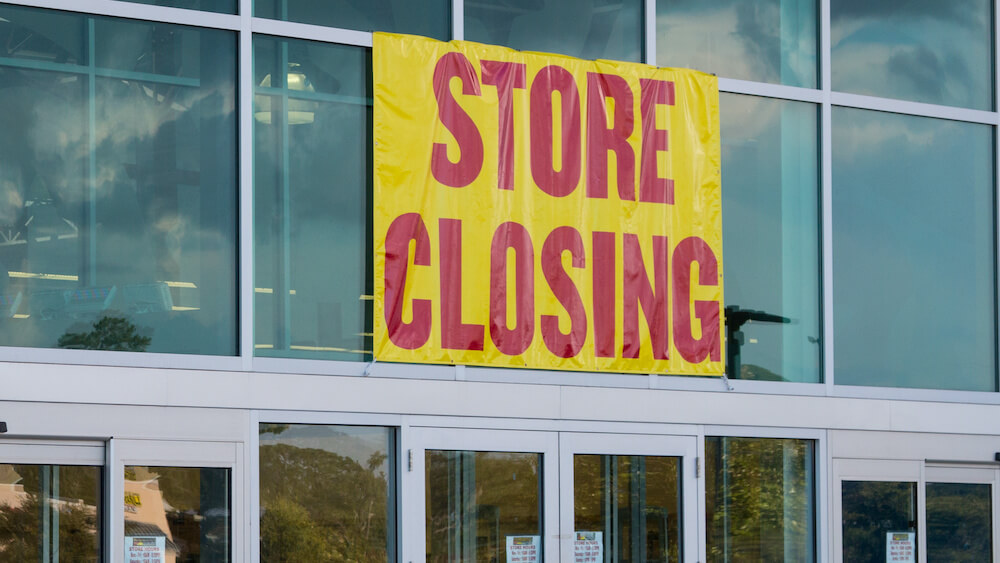
One brick-and-mortar retailer is defying the odds in the otherwise crumbling mall landscape. What can event planners learn from its strategy?

Michelle Russell
Years ago, I questioned the wisdom of moving to a town where a brand-new mall had opened only 10 minutes from our house. At the time, my daughters, then a preteen and teenager, wanted to be driven there all the time.
That was then. Today, many malls are becoming empty shells — two big-box anchor stores have recently vacated the mall we used to frequent. There are a number of reasons for this, including the explosion of online shopping, changing consumer behavior, and economics.
Mark Cohen, director of retail studies at Columbia Business School, told The Washington Post in a recent story that store closures have accelerated over the past decade since the Great Recession, “and now we’re left with hundreds of ‘zombie malls’ — properties that are still operating but are clomping around more dead than alive.”
Parallels can be drawn between traditional retailing and convention models, both of which are marketplaces. What can the business events industry learn from retailers’ struggles?
One place to look is a bright spot: Bath & Body Works. According to another Washington Post story, the scented lotions and candles retailer, which only operates in malls, has reported 40 straight quarters of sales growth and “continues to attract new customers at a time when mall visits are dwindling.” Its stellar performance confounds retail analysts.
What the store has in its favor, for one, is the experience factor. You can’t sniff a website. Fans of the brand — from teens to baby boomers — look forward to visiting the stores, where they can test samples. It’s similar to the difference between consuming educational content online and participating in a well-designed experiential event. Nicholas Coe, Bath & Body Works’ chief executive, told investors that it has become “a ludicrously powerful brand” by constantly assessing and reassessing its business. Stores are like testing labs, where executives experiment with new floor plans, prices, and products to figure out what its customers want.
“Our brand has a very, very clear point of view,” Coe said in the Post. “You’re not wallowing in ambiguity when you walk into one of our stores.” Similarly, it’s the events that have a strong editorial voice and aren’t afraid to take risks that are more likely to thrive. But perhaps more key to an event’s future is the balance that Bath & Body Works has struck, according to Coe, between “prestige” and affordability.
A “prestigious” conference is one that delivers high-level, thought-provoking content — which is a challenge, especially when you need to keep a lid on costs. A recent Wired article — “Science Conferences Are Stuck in the Dark Ages” — noted that it can be prohibitively expensive to attend scientific conferences, making them less than inclusive events for many. Their pricing model — in addition to the dated, one-way educational formats cited in the opinion piece — is overdue for an overhaul. As Bath & Body Works execs would say, it’s all about assessing and reassessing the business.
Michelle Russell is editor in chief at Convene.
